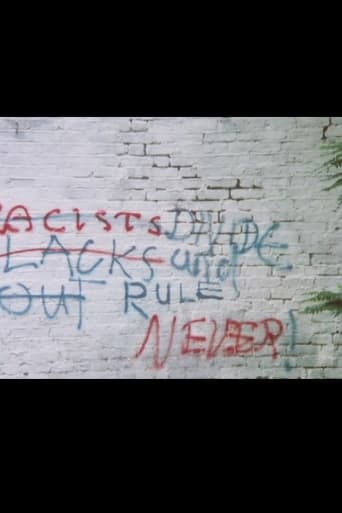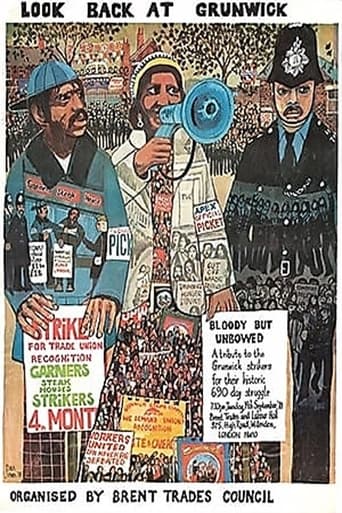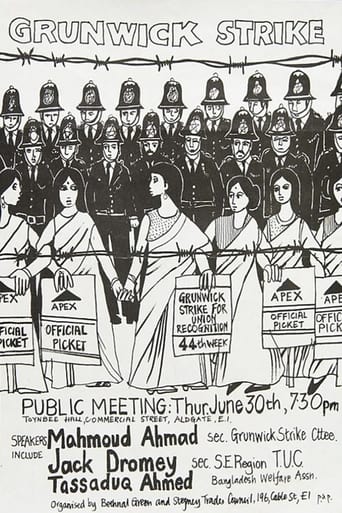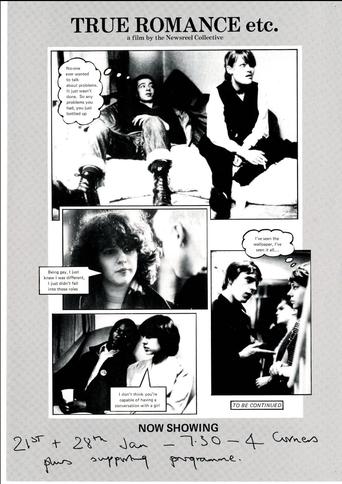Divide and Rule - Never! 1978
This punk-infused documentary by the Newsreel Collective invites young working class Londoners to discuss their experiences of racism. First and second generation Black and Asian immigrants, as well as ex-National Front members, paint a detailed picture of discrimination in 1970s Britain. The film uses lo-fi animation, archive footage and a pulsating soundtrack to compare racial inequality in London to Britain's colonial 'divide and rule' policy, European fascism and the rise of Nazi Germany.




